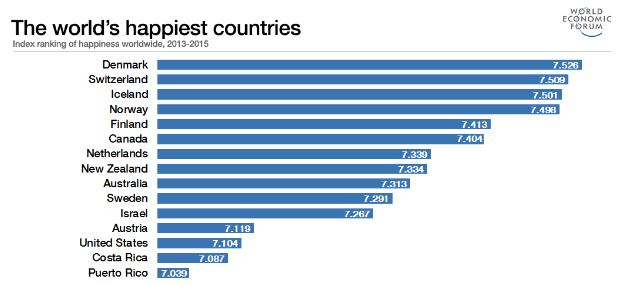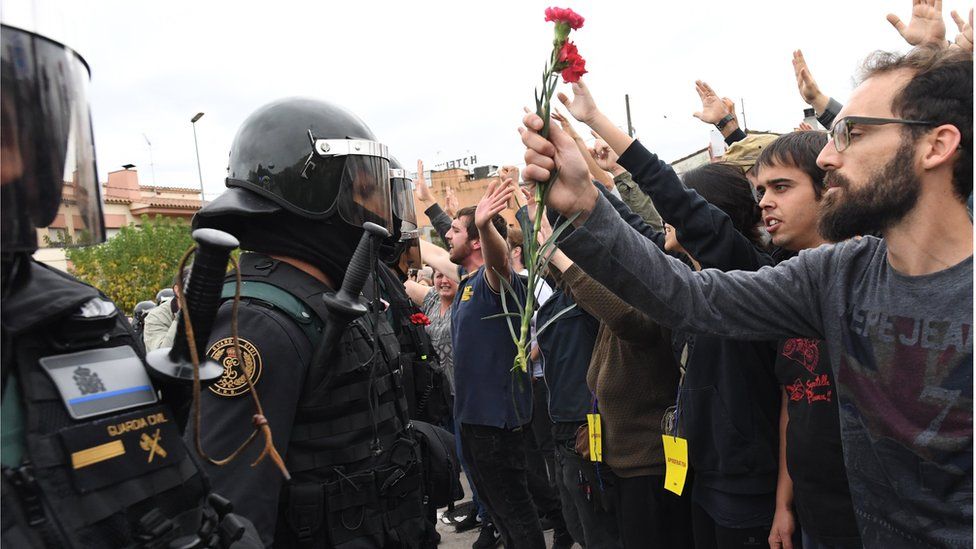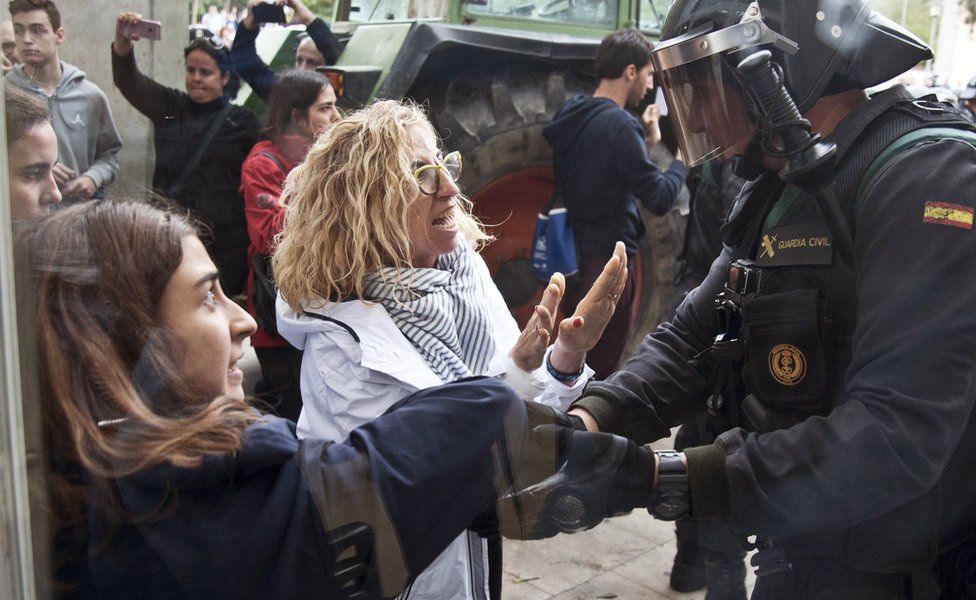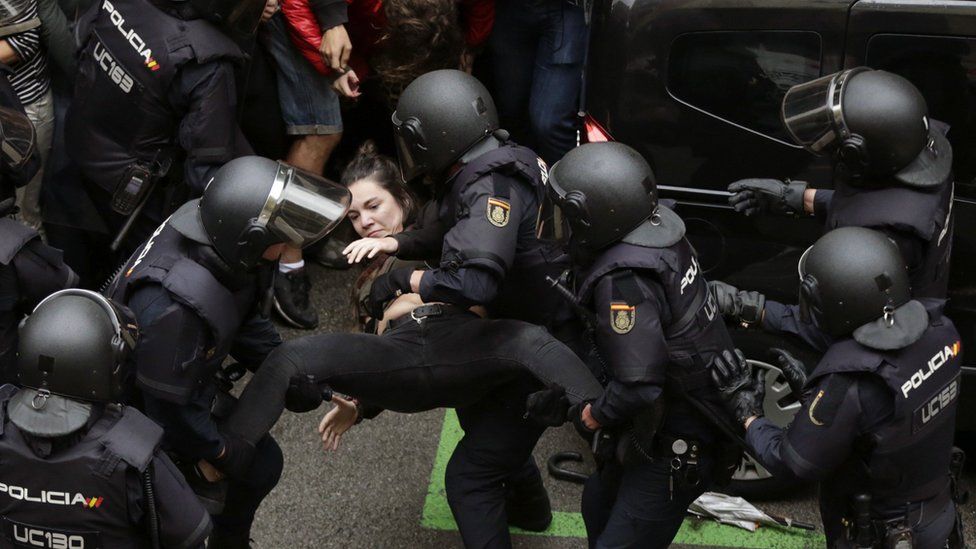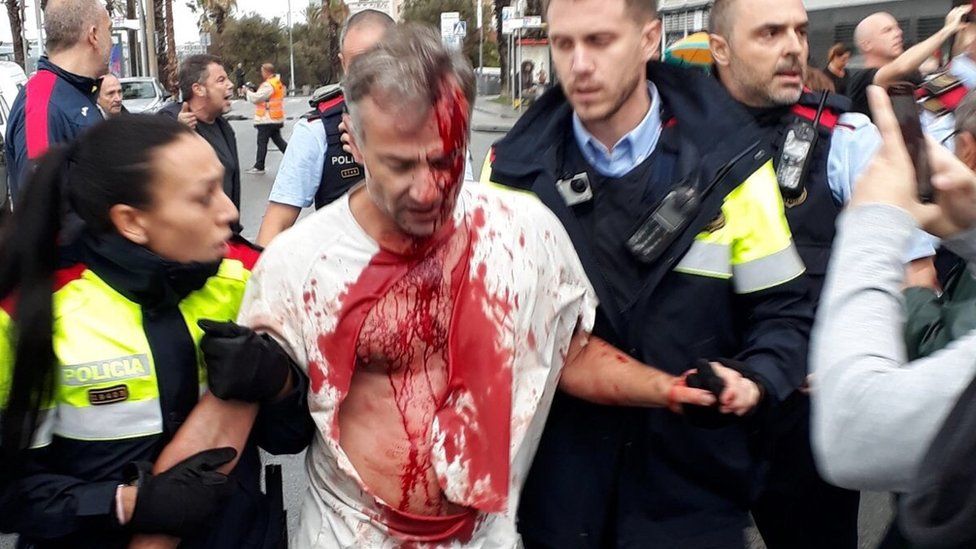https://www.usatoday.com/story/news...why-vote-happening-and-why-matters/715609001/Catalonia independence vote: Why it's happening, and why it matters to U.S.
Europe faces another high-stakes secession vote this weekend after Scotland's failed referendum on independence from the United Kingdom in the 2014, and the U.K.'s vote last year to leave the European Union, probably by 2019. This time around, Spain is in the hot seat as its semi-autonomous region of Catalonia pushes ahead Sunday with an independence referendum that Madrid says is illegal and wants to block. Here's why it's happening, and why it matters.
Catalonia 101
Catalonia is one of Spain's 17 semi-autonomous regions. It is situated in the country's northeast, Barcelona is its lively and tourist-friendly capital, and it's home to 7.5 million people. Spanish and Catalan are the official languages, but Catalan is the dominant one. Catalonia contributes disproportionately to Spain's national coffers. It accounts for about one-fifth of the country's economy and 30% of foreign trade. Technology, fashion and pharmaceuticals are among its major industries.
When did this all start?
Catalonia emerged as an autonomous community several hundred years ago. Its drive for independence in modern times can be traced to the Spanish Civil War, when the country's military dictator Francisco Franco abolished any hopes of full autonomy. He suppressed the region's culture, language and many civil liberties. After Franco's death in 1975, and Spain's return to democracy, Catalonia opted to pursue more limited forms of political control rather than full independence.
Why is Catalonia's vote happening now?
Momentum has been building for several years. In 2014, the region held a symbolic, non-binding independence vote. It passed easily with 80% support. However, turnout was less than 40% and polls show opinion is probably more closely split. Catalans resent contributing far more in tax revenues to Spain's central government than any other region and increased calls for independence have coincided with the country's financial crisis. Catalonians feel they are a victim of their own economic success. There is widespread dissatisfaction over what they see as Madrid's insufficient recognition of Catalan culture, language and identity.
"This did not happen because some politician said it was a good idea. It came about because individual citizens and groups and communities got together and said: 'We need to change the situation. It's not working for us,'" said Liz Castro, a Barcelona-based American writer and researcher, who supports independence.
What’s at stake?
Pro-independence Catalonians say that if the vote is blocked by Spain, democracy itself is under threat. Madrid has already seized millions of ballots, detained more than a dozen senior officials organizing the vote, shut down election websites and deployed thousands of police to bar access to voting stations. Spanish Prime Minister Mariano Rajoy says the vote "won't happen" and the country's public prosecutor has threatened Catalonia's president, Carles Puigdemont, with arrest. But in an interview with USA TODAY, Puigdemont insisted he won't back down. "The vote will go ahead," he said.
If the vote takes place — and if it passes convincingly — Puigdemont has said he will announce a split from Spain within 48 hours, thus throwing Spain into its most serious political crisis since the time of Franco. Puigdemont said there is zero chance Catalans will resort to violence. However, tensions will be high.
Why it matters to the United States
President Trump has appeared to take Spain's side on the issue. "I would like to see Spain continue to be united," he said in Washington this week in a news conference with Rajoy. "I think that nobody knows if they’re going to have a vote."
If this there is a vote, and if Catalonia somehow, against the odds, finds a path to independence, the impact on the U.S. would be indirect. It could lead to chaos in Europe which would roil financial markets and hurt U.S.-European stability.
Jaime Malet, president of the American Chamber of Commerce in Spain, said there are concerns social unrest could erupt — creating confusion for investors — but any impact on the business community ultimately depends on how you assess risk.
"There are companies that have continued to invest in the U.K. despite of Brexit," he said, referring to the U.K.'s vote to leave the EU. "There are also companies investing in Syria, and other places (and conflict zones) right now where the risks are high. It depends on the business, and what the company is planning to do."
Malet added that he was less concerned about what happens on Sunday than about what happens in the days and weeks after the vote — assuming it goes ahead.
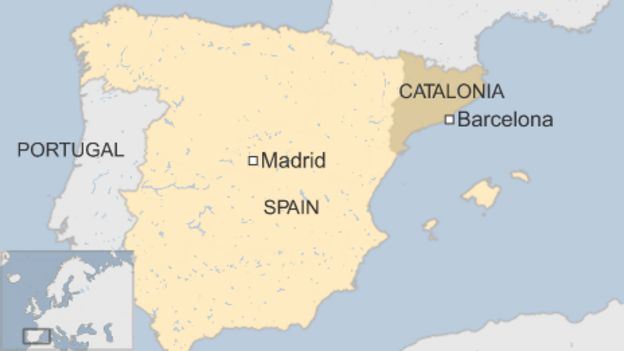
My take on this is that spain should allow the vote to happen. I don't think catalans would choose to become independant. But whatever the result of the vote, the government of Spain MUST negociate with catalonia's officials, give them more autonomy, more rcognition for catalan's culture, language and identity.
An independant Catalonia would be bad news for both Spain's and Catalonia's economy.

